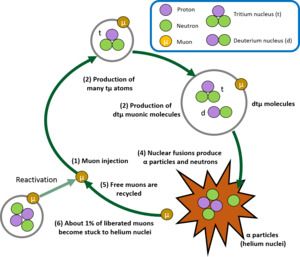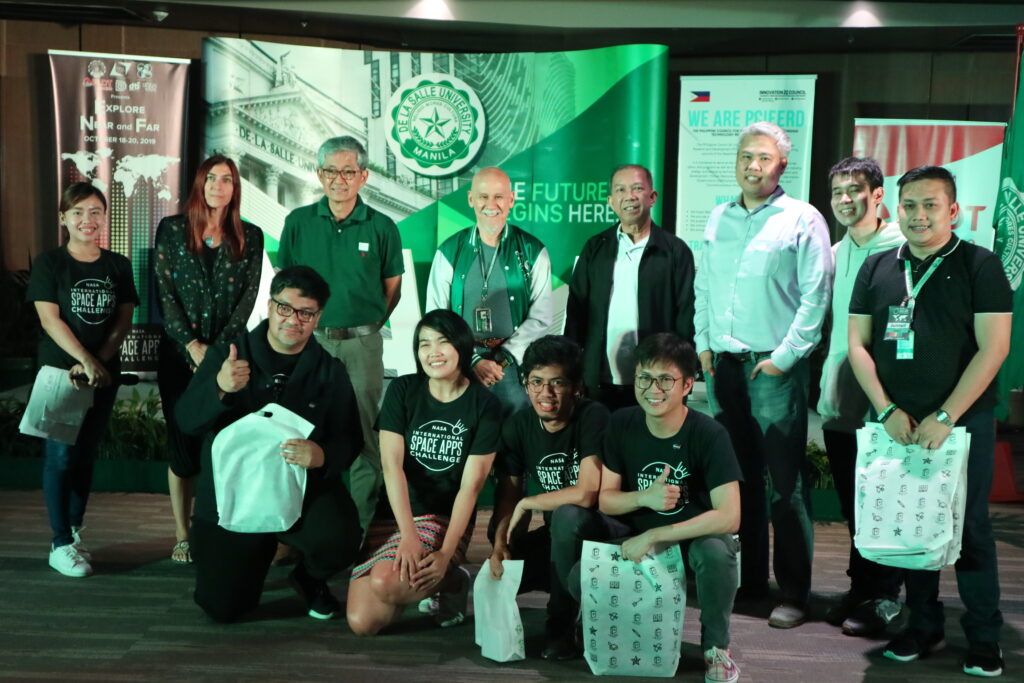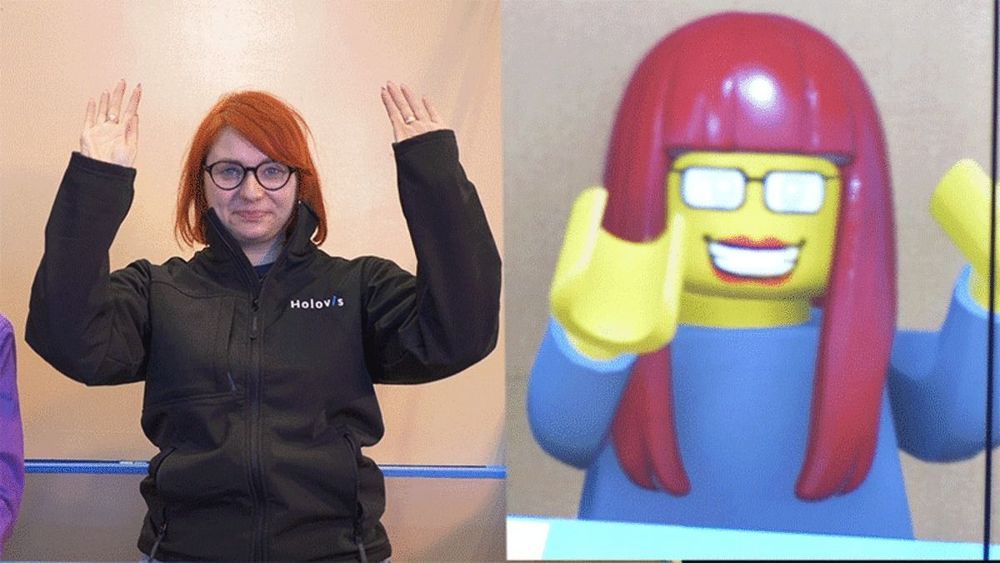O, o.
In the world of materials science, many have heard of crystals—highly ordered structures in which atoms are arranged in a tight and periodic manner (in which the atomic arrangement is repeated). But, not many people know about quasicrystals, which are unique structures with strange atomic arrangements. Like crystals, quasicrystals are also tightly arranged, but what’s different about them is the fact that they possess an unprecedented pentagonal symmetry, such that the atomic arrangement is highly ordered but not periodic.
This distinctive feature gives them unique properties, like high stability, resistance to heat, and low friction. Since their discovery only about 30 years ago, scientists globally have been trying to understand the properties of quasicrystals, in an effort to make more advancements in materials research. But, this is not easy, as quasicrystals are not prevalent in nature. Luckily, they have been able to make use of structures similar to quasicrystals, called “Tsai-type approximants.” Understanding these structures in detail could give insights into the many properties of quasicrystals. One such property is antiferromagnetism, in which magnetic moments are aligned in a quasiperiodic order, strikingly distinguished from conventional antiferromagnets. This property has never been observed in quasicrystals so far, but the possibility was exciting for materials scientists, as it could be a gateway to a plethora of new applications.
In a new study published in Physical Review B: Rapid Communications, a team of scientists at Tokyo University of Science, led by Prof Ryuji Tamura, found for the first time that a type of Tsai-type approximant exhibits an antiferromagnetic transition. This was an exciting finding, as it suggested that even quasicrystals could show such a transition. The scientists already knew that Tsai-type approximants have two different variants: 1/1 and 2/1 approximants.








